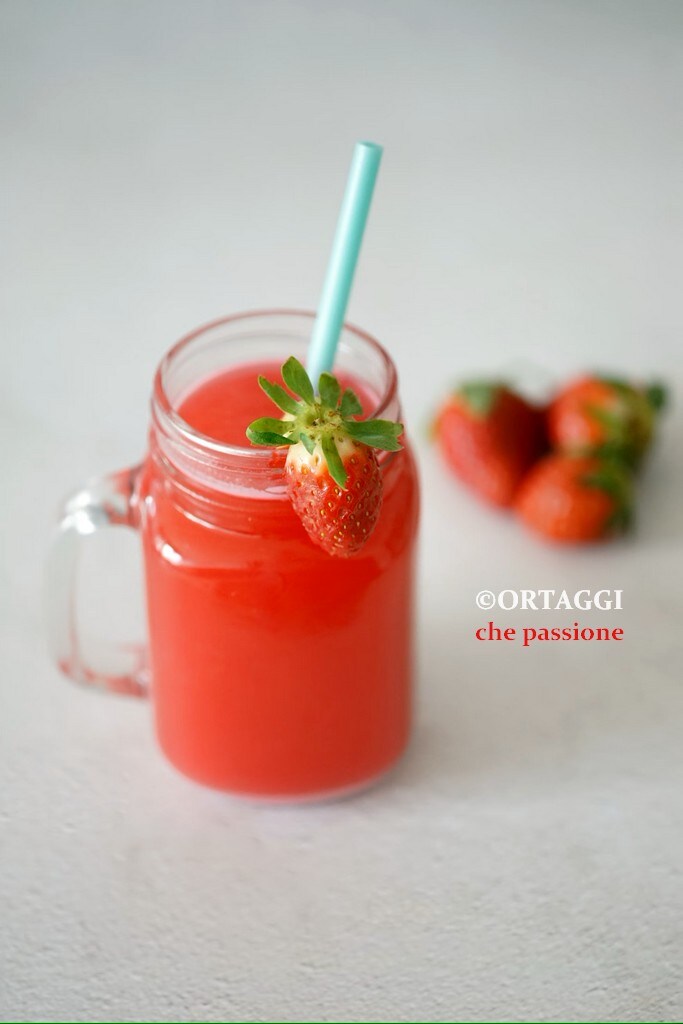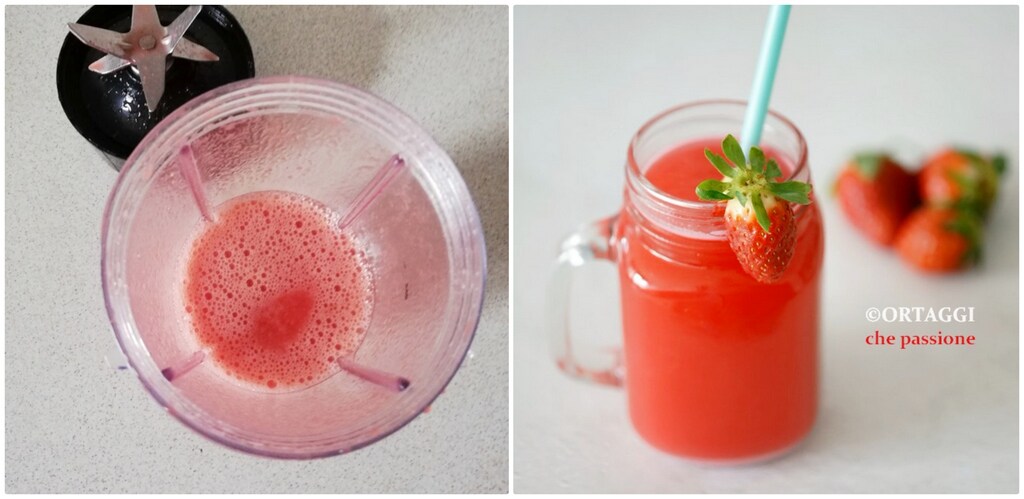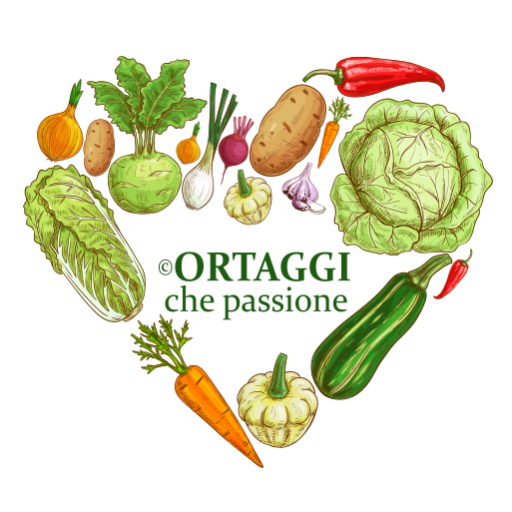Homemade strawberry juice is genuine, tasty, and quick to prepare. It is also good without sugar, perfect to use as syrup for cocktails, in cakes, or diluted as a soaking syrup for desserts. Concentrated, it is great for smoothies, granitas, or popsicles; while thickened, it is used in ice creams or on panna cotta. A non-recipe recipe that will surprise you with its simplicity.
Online you can find the artisan and organic without preservatives, sweeteners, and flavors; while at the supermarket, you generally find the one from Pfanner.
BENEFITS of strawberries
“Strawberries are an excellent source of vitamin C (340 mg in 250 g of fruit), with a high antioxidant power. Vitamin C is able to increase iron absorption and is therefore highly recommended at breakfast and at the end of every meal. It also acts on our immune defenses, is good for everyone including pregnant women. I recommend washing strawberries carefully but quickly, better to use organic ones not treated on the surface. About 250 g of strawberries contain 13 g of sugars, less than an orange or a large banana.” Dr. Masiero
What is the strawberry season?
In Italy, the strawberry season varies depending on the climate zone, but it generally extends from late winter to early autumn. Strawberries are typically available from March to June, with the peak of production usually between May and June. During this period, you can find fresh and juicy strawberries in farmers’ markets.
How can strawberries be eaten?

- Difficulty: Easy
- Cost: Cheap
- Preparation time: 10 Minutes
- Portions: 2
- Cooking methods: No cooking
- Cuisine: Healthy
- Seasonality: Spring, Summer, and Autumn
- Energy 33.69 (Kcal)
- Carbohydrates 8.14 (g) of which sugars 5.38 (g)
- Proteins 0.66 (g)
- Fat 0.30 (g) of which saturated 0.01 (g)of which unsaturated 0.20 (g)
- Fibers 1.98 (g)
- Sodium 3.01 (mg)
Indicative values for a portion of 5 g processed in an automated way starting from the nutritional information available on the CREA* and FoodData Central** databases. It is not food and / or nutritional advice.
* CREATES Food and Nutrition Research Center: https://www.crea.gov.it/alimenti-e-nutrizione https://www.alimentinutrizione.it ** U.S. Department of Agriculture, Agricultural Research Service. FoodData Central, 2019. https://fdc.nal.usda.gov
Strawberry Juice
- 7 oz strawberries (net weight)
- 1/2 cup water (more or less depending on the intended use)
- 1 teaspoon sugar (or agave syrup, if you prefer it sweeter)
- 1 tablespoon lemon juice (for a tangy note)
Tools
- Blender
- Strainer
Strawberry Juice
Thoroughly wash the strawberries, then remove the stems and cut them into pieces.
Place the strawberries in the blender, add the water and any other preferred ingredients. Blend everything until obtaining a homogeneous mixture.

For a smoother juice, it’s better to strain the mixture with a strainer.
Finally, pour the strawberry juice into glasses and serve fresh to best appreciate its flavor and properties.

STORING Strawberry Juice
To slow down its slow oxidation (strawberries are rich in vitamin C), store the strawberry juice in an airtight container in the fridge or in the freezer in ice cubes. The addition of vitamin C, like lemon or orange juice, helps its preservation but changes the taste.
ALTERNATIVES with Strawberry Juice
COCKTAIL
Add to prosecco, sparkling wine, or white wine to create a tasty aperitif.
MOCKTAIL
Mix with other fruit juices, soda, or add some fresh mint for an extra touch.
SMOOTHIE
Add strawberry juice to a smoothie with yogurt, bananas, and other fruits for a nutritious breakfast or snack.
POPSICLES
Pour strawberry juice into popsicle molds and freeze. You will get delicious homemade popsicles, perfect for summer.
DESSERTS
Use strawberry juice to flavor and color cakes, muffins, cookies, or pancakes. It can also be mixed with powdered sugar to create a glaze for desserts.
ICE CREAMS or SORBETS
Make homemade ice creams or sorbets using strawberry juice as the main ingredient.
SAUCES
Cook strawberry juice with a little sugar to create a sauce to pour as a topping on cheesecake, panna cotta, ice cream, or other sweet preparations.
INFUSIONS
Add strawberry juice to hot or cold teas.
FLAVORED YOGURT
Add strawberry juice to natural yogurt to get a delicious homemade fruit yogurt.
DESSERT CREAM
Incorporate strawberry juice into custards or mousses to give a fresh and fruity flavor.
CAKE SOAKING
Use strawberry juice to soak and soften cake layers.
SWEET BREAD
Add strawberry juice to the dough of sweet bread for a touch of freshness.
MEAT MARINADE
Use strawberry juice as a base for a sweet and fruity marinade for chicken or pork, adding herbs and spices to taste.
SALAD DRESSING
Mix strawberry juice with extra virgin olive oil, balsamic vinegar, salt, and pepper to create a unique and flavorful salad dressing.
🍀🍀🍀🍀
How many calories are in 100 grams of fresh strawberries?
One hundred grams of strawberries provides about 30 calories. Strawberries are rich in antioxidants, vitamins, and minerals, making them a healthy choice for a light snack.
What are the contraindications of strawberries?
The consumption of strawberries is not recommended for people with allergies. Excessive consumption of strawberries can cause skin reactions such as redness, itching, and small skin blisters; and in extreme cases, lead to tongue swelling and hives.

